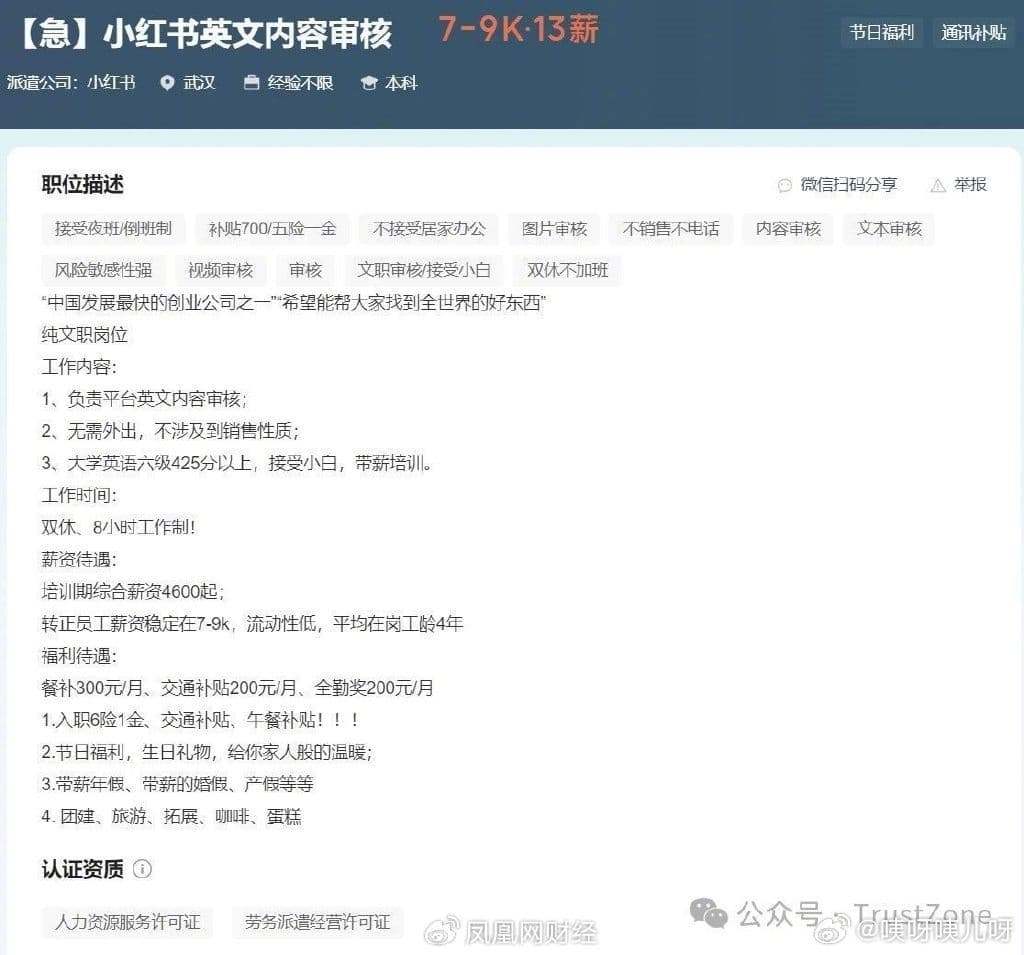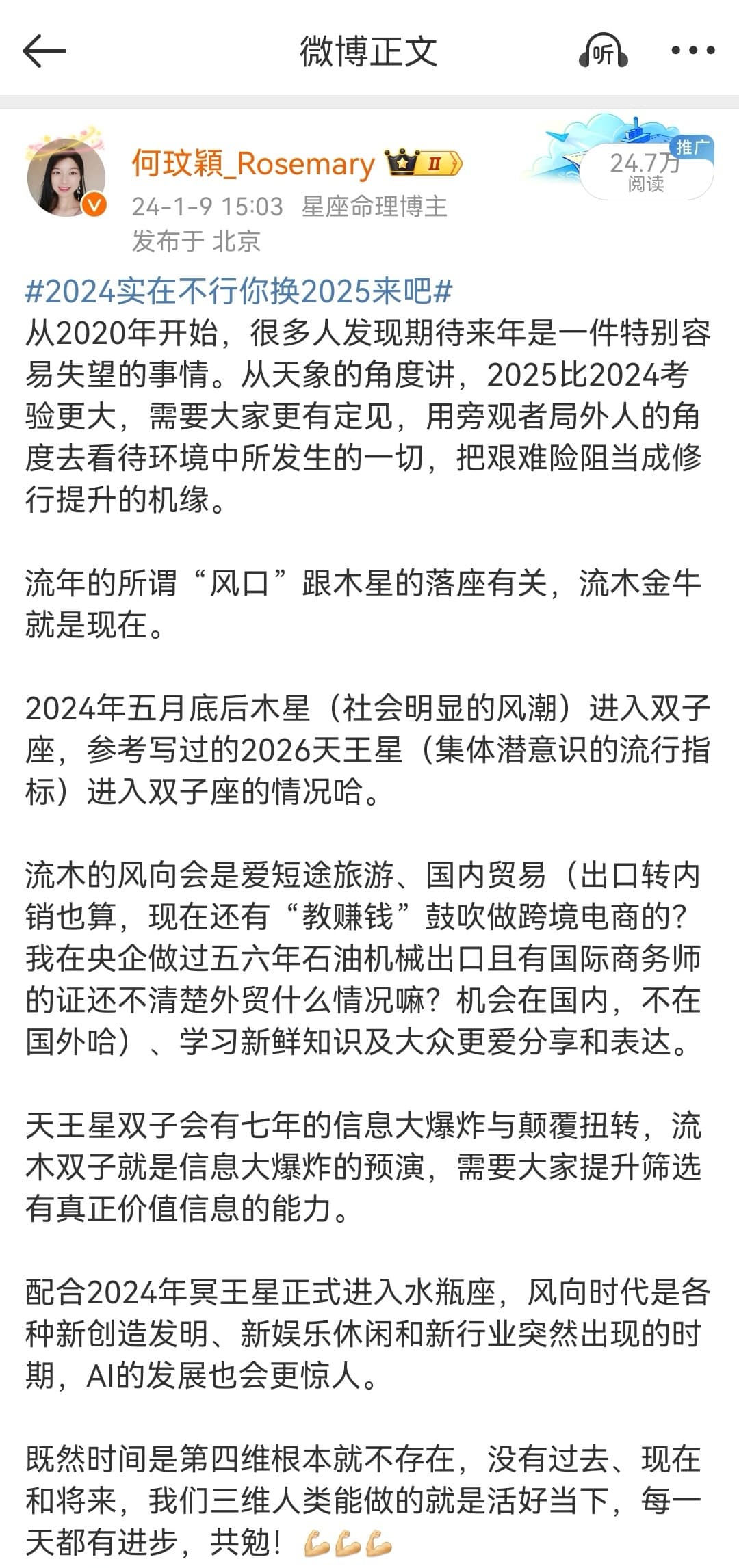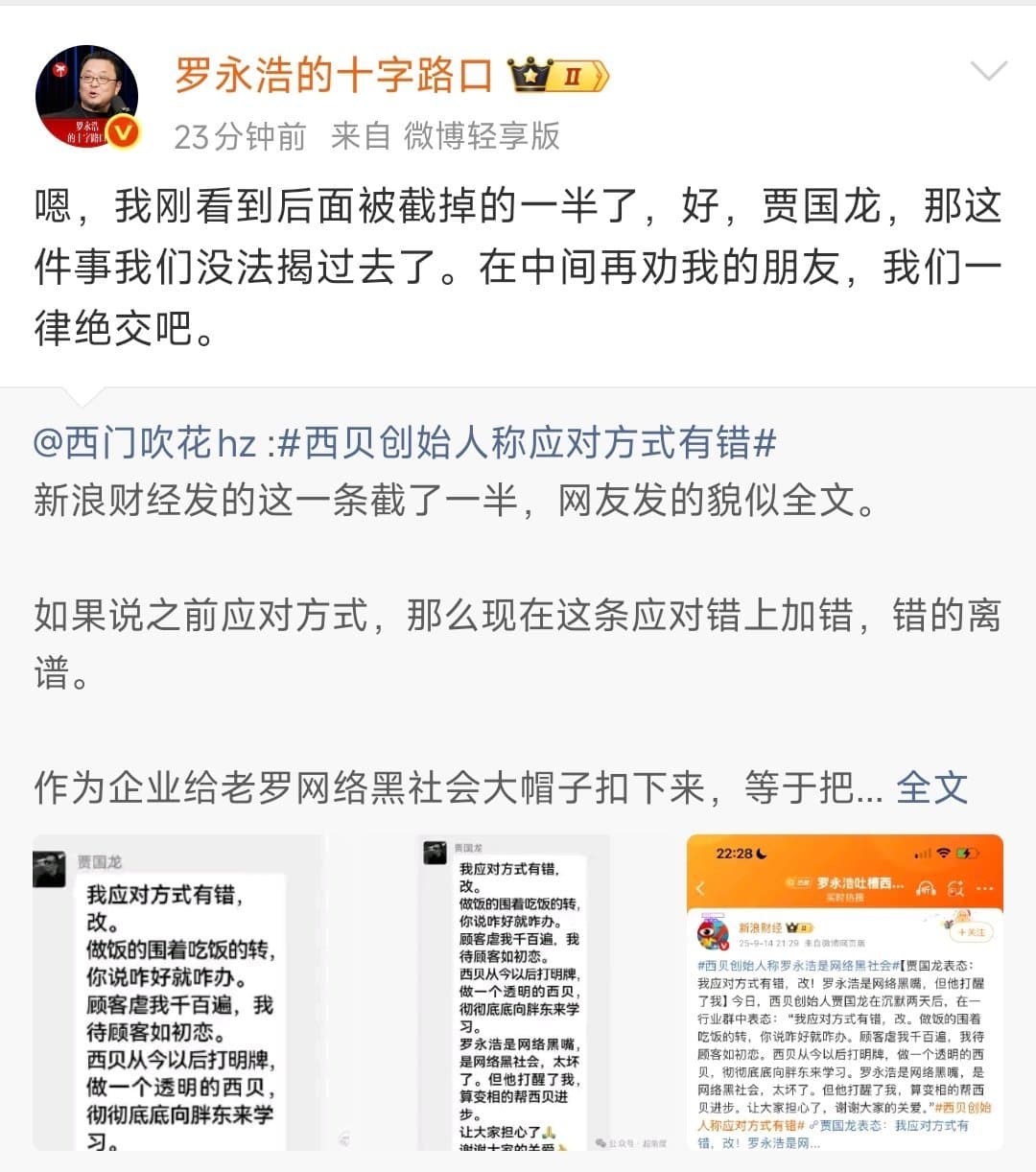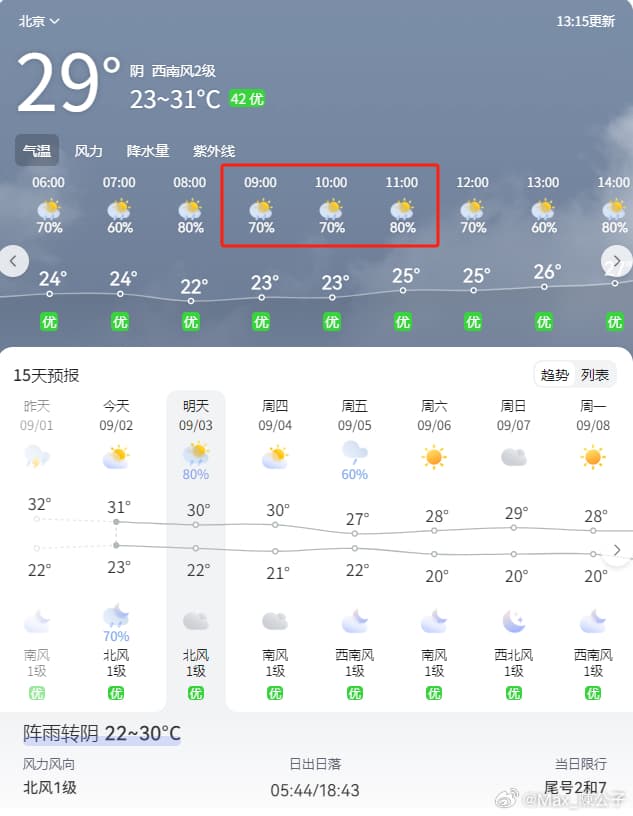Outrage and Uncertainty: US Netizens Rail Against Proposed TikTok Ban
The Trump administration's planned ban on TikTok has ignited widespread outrage among American netizens, who are taking to social media to express their discontent with the government's move. According to reports, the US Supreme Court is leaning towards supporting a congressional bill that could see the platform banned as early as January 19.

15 January 2025
The news has sparked a frenzy of activity on TikTok, with many American users flocking to the app to show their support and voice their opposition to the ban. "This is ridiculous," wrote one user. "The government has no right to dictate what social media apps we can and can't use."
Others have taken to the platform to mock the government's decision, with one user suggesting that the ban would only serve to "boost" the app's popularity. "Can't wait to see how this plays out," wrote another user, poking fun at the government's perceived attempts to "censor" the app.
Some users have also drawn attention to the economic implications of the ban, with one user contending that it would "disrupt the social economy" and stifle creativity. "This is a disaster for American entrepreneurship," wrote another user, highlighting the app's importance as a platform for small businesses and content creators.
The outpouring of support for TikTok has also sparked a divisive debate on social media, with some users defending the government's move as a necessary measure to protect national security. However, the vast majority of users appear to be opposed to the ban, with many taking to the app to express their outrage and disappointment.
As the situation continues to unfold, one thing is clear: American netizens are not happy about the prospect of a TikTok ban, and they are making their voices heard loud and clear. The proposed ban on TikTok in the US is expected to have far-reaching consequences for the social media landscape between the two countries.
The ban, if implemented, would not only affect the millions of American users who have grown accustomed to the platform but also have a significant impact on the Chinese social media ecosystem. Firstly, the ban would likely lead to an influx of American users to Chinese social media platforms, as evidenced by the recent trend of American influencers flocking to Chinese platforms such as Little Red Book and Douyin.
This could lead to a cultural exchange of sorts, with American users being exposed to Chinese content and creators, and vice versa. However, this could also raise concerns about the spread of Chinese propaganda and the potential for censorship. Moreover, the ban would also have economic implications, particularly for American businesses that rely heavily on TikTok for marketing and advertising.
Many American companies have invested significant resources in creating content for the platform, and a ban would force them to re-evaluate their social media strategies. This could lead to a loss of jobs and revenue for these companies, as well as a decline in their online presence. On the other hand, the ban could also create opportunities for American social media platforms to fill the void left by TikTok.
Platforms such as Instagram and Snapchat could potentially benefit from the ban, as users seek alternative platforms to create and share content. Furthermore, the ban would also have implications for the trade tensions between the US and China. The ban could be seen as a move to restrict Chinese influence in the US, and could lead to retaliatory measures from China.
This could exacerbate the existing trade tensions between the two countries, and have far-reaching consequences for the global economy. The proposed ban on TikTok has sparked widespread outrage and debate among American netizens, with many taking to social media to express their discontent.

On Chinese social media platforms, users have been venting their frustrations, with many lambasting the US government for its decision. Some netizens have accused the US government of "disrupting social and economic order" with its proposed ban, while others have taken a more lighthearted approach, joking that the move is an attempt to "promote cultural exchange" between the two countries.
Other users have pointed out the potential economic benefits of the ban, with some encouraging Chinese e-commerce platforms to step up their efforts to attract American customers. "Open up overseas storefronts and promote consumption," wrote one user. "Make a killing from it."
He Wan, a Chinese netizen with experience in international trade, took a more nuanced view, pointing out the complexities and risks involved in cross-border e-commerce. "Credit letters of credit are not a guarantee of payment," she wrote. "And even if you use a third-party bank to guarantee payment, there's no guarantee you'll get your money."
Despite the varied reactions, one theme emerged: a desire for greater cultural exchange and cooperation between the US and China. "Someday, we'll have a world where we're all connected," wrote one user. "It may be a distant dream, but it's not entirely impossible."
For many American netizens, the proposed TikTok ban has tapped into deeper concerns about trade and cultural exchange. As Rosemary, a seasoned exporter, noted on Weibo, "As an old foreign trader, I've seen it all - from exchange rates fluctuating wildly to the risks of international trade. Why do I think the US is so opposed to TikTok? It's not just about the app itself, but about the larger implications for trade and commerce."
For Rosemary, the issue is not just about TikTok, but about the broader tensions between the US and China. "I've been in the export business for years, and I've seen how difficult it can be to navigate the complexities of international trade," she wrote. "But I've also seen how important it is for countries to engage in cultural exchange and cooperation. That's why I think the proposed ban on TikTok is so misguided - it's not just about the app, but about the message it sends about the US's willingness to engage with the rest of the world."
Others, like Water Crane, were more tongue-in-cheek in their criticism of the proposed ban. "I don't get why the US is so opposed to TikTok," she wrote on Weibo. "Is it really just about a video app? It's not like we're trying to steal their secrets or something. Can't we just have a little fun and make some money?"
As the debate rages on, one thing is clear: the proposed ban on TikTok has tapped into a deeper sense of unease about the future of US-China relations. Whether or not the ban ultimately goes into effect, it's clear that the issue has struck a nerve - and that American netizens are not going to let it go without a fight.
Comments

Share this article
Related Articles

Xi Jinping Elevates Cybersecurity to Core National‑Security Pillar, Driving China’s Quest for a Cyber Superpower
By Trending on Weibo
News & Politics
15 Sept 2025

Luo Yonghao vs. Xibei: Celebrity Entrepreneur Sparks Media Storm Over Pre‑Made Dishes and Calls for Transparency
By Trending on Weibo
News & Politics
15 Sept 2025

Weibo Celebrates Autumn Harvest as China’s Fields Become the Nation’s Most Beautiful Canvas
By Trending on Weibo
News & Politics
15 Sept 2025
China Enacts First Comprehensive Rental Regulations to Legalize and Stabilize the Rental Market
By Trending on Weibo
News & Politics
15 Sept 2025

Beijing’s Weather Emerges as a Barometer for China’s Climate Policies and Public Life
By Trending on Weibo
News & Politics
13 Sept 2025


